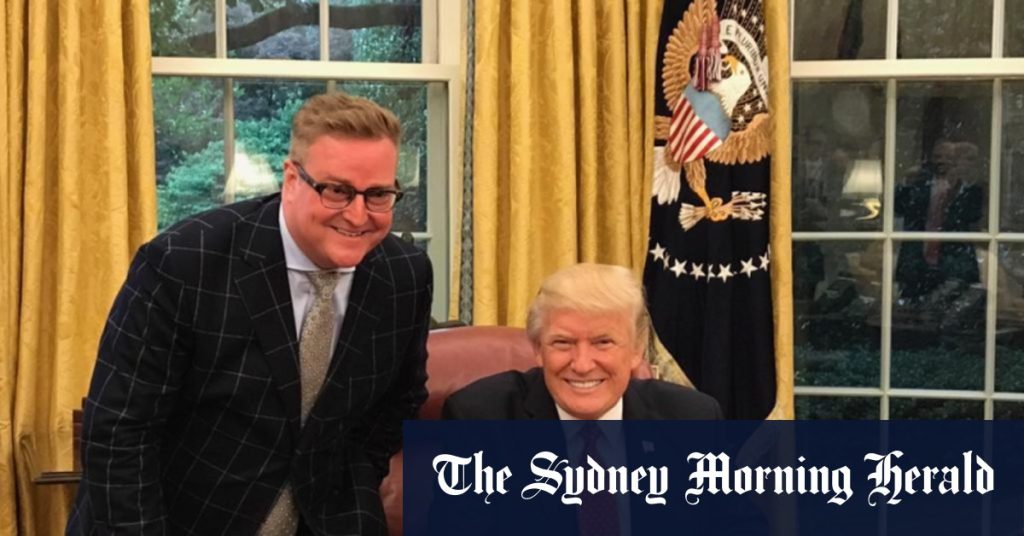In recent events, Matt Camenzuli, a conservative powerbroker who was expelled from the Liberals after a factional civil war, has lost a legal battle regarding unfair dismissal at his software firm Companion Systems. The employee, James Camenzuli, who is Matt’s first cousin, was offered redundancy and later summarily dismissed for failing to return company-issued devices within a tight timeframe. The Fair Work Commission found James’ dismissal to be unfair and ordered compensation of $34,000 plus $3775 in super. Commissioner Jennifer Hunt criticized Matt’s handling of the situation, calling it callous and unprofessional. She inferred that Matt sought to dismiss James due to family disputes and attempted to offer a redundancy with a $5000 sweetener in exchange for signing a release.
The relationship between Matt and James Camenzuli deteriorated after the dispute arose in June last year, with James speculating that their fallout was related to political matters, particularly Matt’s strong views on COVID, lockdowns, and working from home. Despite attempts by James to resolve the situation and Matt’s refusal to meet or give evidence at the hearing, Hunt concluded that Matt’s actions were motivated by family disputes. She criticized his failure to reach out to James and his handling of the dismissal, enforcing her ruling for compensation and superannuation.
In a separate issue, Transport for London (TfL) has threatened court action against foreign embassies in the city that are refusing to pay the congestion charge for their vehicles. Since the charge was introduced in 2003, £140 million in fees have been accumulated, with the US embassy owing over £14 million, followed by Japan, India, and Nigeria. Australia has also made the list of embassies owing money, including a charge of £760 for High Commissioner Stephen Smith’s Australia House operation. TfL has labeled the embassies as a “stubborn minority” for not paying the congestion charge and is seeking payment from these foreign entities.
The situation with foreign embassies in London owing money for the congestion charge has escalated, with TfL considering court action to recover the outstanding fees. The refusal of embassies, including the US, Japan, India, Nigeria, and Australia, to pay the charges has prompted a response from the transport authority. Despite efforts to contact the embassies and request payment, some have remained non-compliant, leading to a potential legal showdown. The issue has drawn attention to the diplomatic relations between the UK and foreign governments represented by these embassies and the implications of unpaid fees on city transportation.
The refusal of certain foreign embassies in London to pay the congestion charge has raised concerns about diplomatic relations between the UK and those governments. The outstanding fees, totaling £140 million, have led to a standoff between TfL and the embassies, with threats of court action looming. The situation has highlighted the importance of adherence to local regulations and the potential consequences of non-compliance for diplomatic missions in foreign countries. The standoff over unpaid congestion charges underscores the challenges faced by city authorities in managing traffic and enforcing regulations on a global scale.


